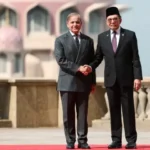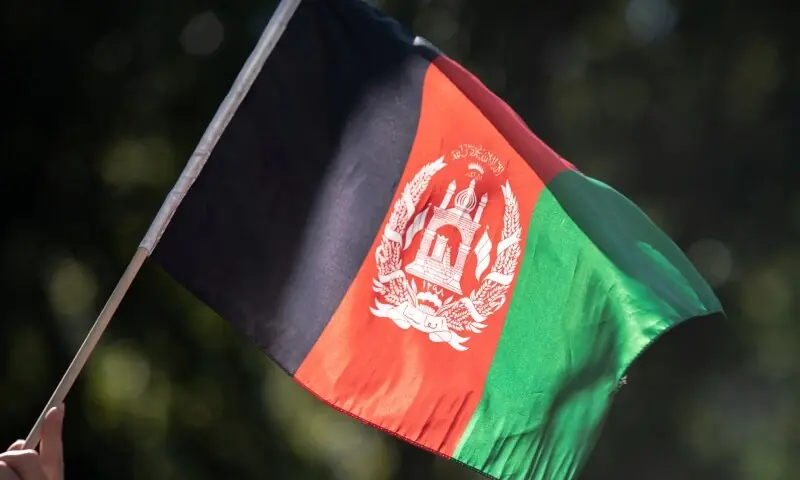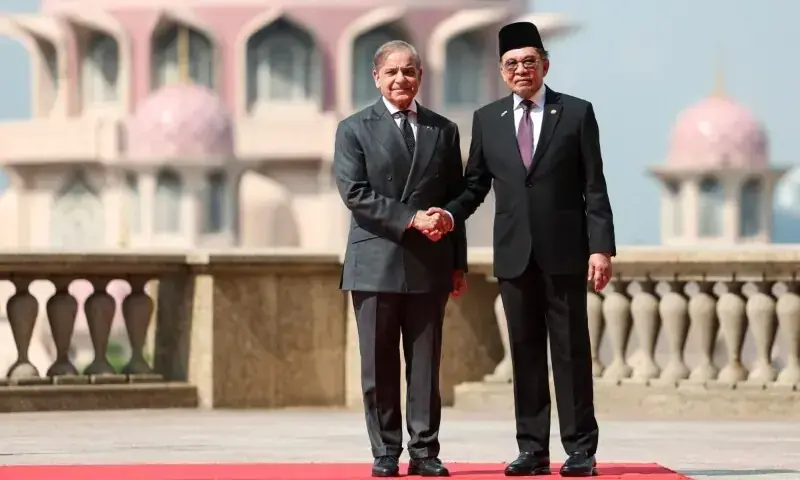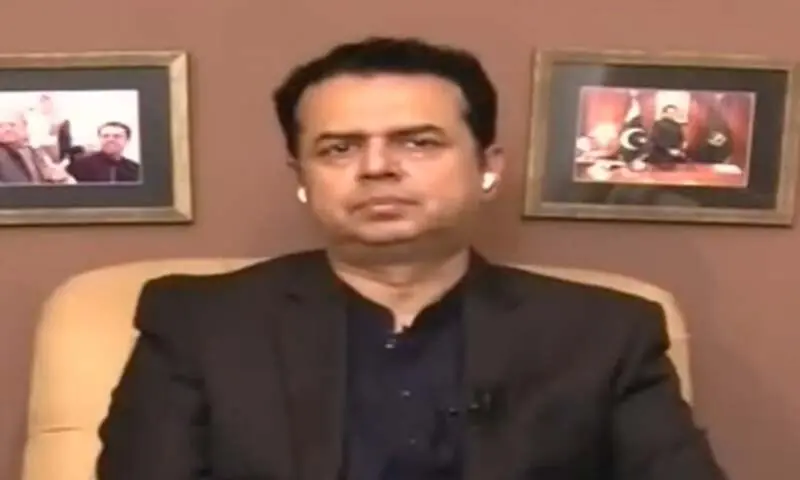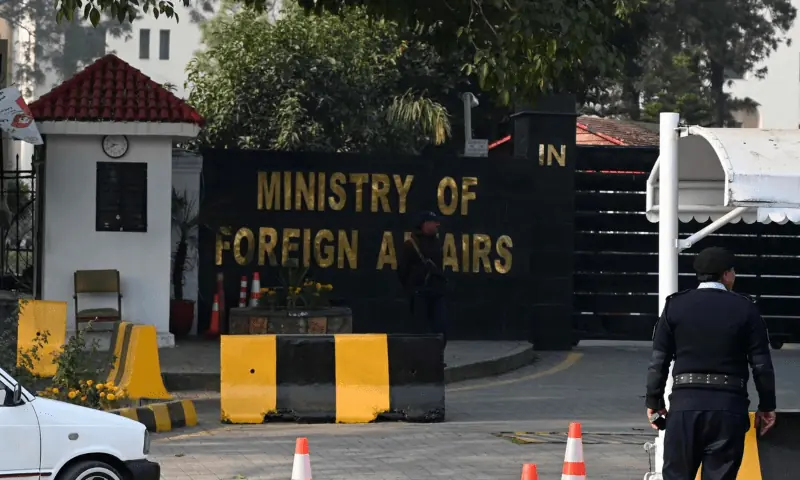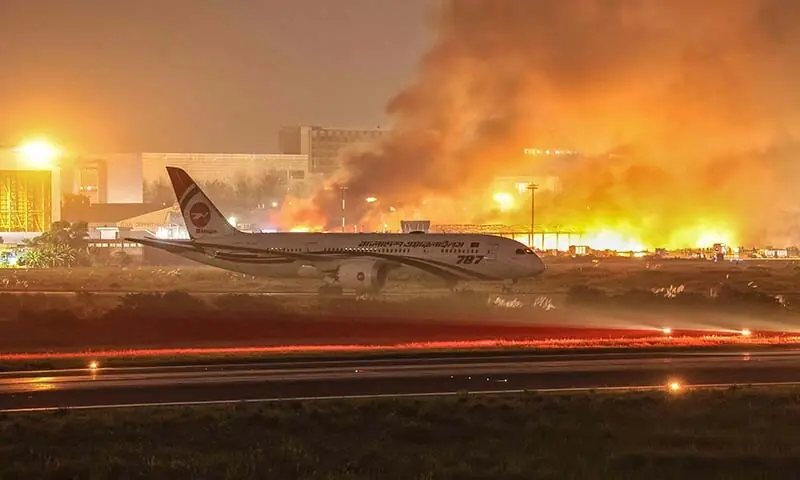Zimbabwe Cricket on Saturday accepted the invitation of the Pakistan Cricket Board (PCB) to participate in a T20I tri-series that also includes Sri Lanka, following the withdrawal of the Afghanistan Cricket Board (ACB).
The ACB withdrew from the series after alleging that three of its cricketers were killed in an attack carried out by Islamabad.
Pakistan again attacked terrorist hideouts in Afghanistan on Friday. Incidents were reported in Angoor Adda region and Afghan Urgun and Barmal districts of Paktika province while attacks were carried out on hideouts of the banned group Hafiz Gul Bahadur.
The attacks came on the heels of a daring gun and bomb attack on a military facility in North Waziristan, and just hours after Islamabad and Kabul extended their two-day ceasefire.
“Zimbabwe Cricket has accepted the Pakistan Cricket Board’s invitation to participate in a T20I tri-series that will also feature Sri Lanka,” a PCB statement read.
The first tri-series on Pakistani soil is scheduled to provide all three teams with preparation ahead of next year’s ICC Men’s T20 World Cup, the cricket board added.
ICC ‘shocked’ by deaths of three Afghan cricketers
The International Cricket Council (ICC) on Saturday evening issued a statement on the death of three Afghan cricketers in an airstrike in Afghanistan’s Paktika province, saying it was “deeply saddened and shocked”.
“The three young men had returned home after taking part in a friendly cricket match when they were killed in an attack that also claimed the lives of several civilians,” the governing body said.
“The ICC strongly condemns this act of violence that has stripped families, communities and the cricket world of three brilliant talents whose only ambition was to play the sport they loved,” he added.
“The ICC stands in solidarity with the Afghanistan Cricket Board and echoes their pain.”
Afghanistan withdraws from the series
In a post on social media platform
He said the players had earlier traveled to Sharana to take part in a friendly cricket match.
“The ACB considers this to be a great loss to the sporting community of Afghanistan, its athletes and the cricket family,” the cricket board said. As a result, the ACB decided to withdraw from participating in the trinational championship scheduled for November.
Afghanistan ace Rashid Khan, in a post on X, said he welcomed the ACB’s decision to withdraw from the upcoming matches against Pakistan.
Pakistan was to host the series from November 17 to 29.
Earlier, Pakistan Cricket Board (PCB) spokesperson Amir Mir said dawn.com that the tri-series was still underway and that the third team would be finalized shortly.
Separately, Information Minister Attaullah Tarar today said that Pakistan had carried out precision strikes in Afghanistan last night against the outlawed Gul Bahadur group.
“All speculation and claims being made about attacks on civilians are false and are intended to generate support for terrorist groups operating from inside Afghanistan,” he said on X.
Cricket icon Shahid Afridi addressed X and said that Afghanistan, in its acts of aggression, had forgotten the hospitality and “favors” of Pakistan.
“Pakistan has always stood by its Afghan brothers, considering the problems of the Afghans as its own problems,” the former all-rounder wrote. “He opened his borders to his brothers and welcomed 4 million refugees into his lands.
“I must say that in recent days Afghanistan, forgetting all these favors, committed open aggression on the borders, to which our forces gave a full response,” he added.
Afridi wrote that Afghanistan should think of Pakistan as a brotherly Islamic country and should not allow its land to be used to aid acts of terrorism.
Tensions between Pakistan and Afghanistan
Pakistan has witnessed a rise in terrorist attacks, especially in KP and Balochistan, mainly targeting police, law enforcement personnel and security forces. Attacks increased after the banned Tehreek-i-Taliban Pakistan broke a ceasefire agreement with the government in 2022.
Islamabad has been expressing concern over the presence of TTP terrorists in Afghanistan and has repeatedly urged Kabul to take measures to prevent these attacks. For its part, Kabul has rejected accusations of supporting militancy, alternating between vehement denials that Afghan soil will be used to launch cross-border attacks, assurances that have not materialized, and simply telling the Pakistani state to negotiate with the TTP.
Tensions have flared between the two countries in recent days, with Kabul and Islamabad involved in border skirmishes on October 11. According to the army, 23 Pakistani soldiers were martyred and 200 Taliban and affiliated terrorists were killed on the border following an attack from the Afghan side.
Afghanistan claimed it carried out the attack as a “retaliation” measure, accusing Islamabad of carrying out airstrikes on its territory earlier in the week. For its part, Islamabad did not confirm whether it was behind the airstrikes, but maintained that Kabul must “stop hosting the Tehreek-i-Taliban Pakistan on its soil.”
Afghan forces subsequently attacked several Pakistani posts and the Pakistan Air Force (PAF) and artillery attacked Afghan posts, targeting hostile positions in the Afghan provinces of Helmand, Kandahar, Khost, Paktia and Paktika.
On Tuesday night, fighting broke out again between Pakistani forces and the Afghan Taliban in Kurram district of Khyber Pakhtunkhwa. However, a temporary ceasefire was later announced. The Foreign Office (FO) said the ceasefire was implemented at the request of the Taliban and with mutual consent, and would last 48 hours.
However, Prime Minister Shehbaz Sharif made it clear on Thursday that he expected Kabul to take the first step if it really wanted to resolve the issue of cross-border terrorism through talks.
“We decided on a 48-hour temporary ceasefire. [and] The message has been sent that if they want to meet our justified conditions through talks, then we are ready,” he said, adding that if the Taliban were serious, they would take steps to hold talks.
On Friday, with representatives of both sides expected to meet soon in Doha for talks mediated by the Qatari government, Pakistan again attacked terrorist hideouts in Afghanistan. It came after an attack on a military facility in North Waziristan and after Islamabad and Kabul extended a two-day ceasefire.
There was no statement from the Pakistan Army, but terrorists linked to the Hafiz Gul Bahadur group claimed responsibility for the attack on the Khaddi Fort in Mir Ali, where a suicide bomber crashed an explosives-laden vehicle into the main gate of a military camp before attempting a raid later that day.
Meanwhile, in a revealing statement posted on X (formerly Twitter), Defense Minister Khawaja Asif said on Friday that the relationship with Kabul would no longer be as it was in the past.
“There will be no more protest notes or calls for peace; no delegation will go to Kabul. Wherever the source of terrorism is, a high price will have to be paid,” he wrote.
